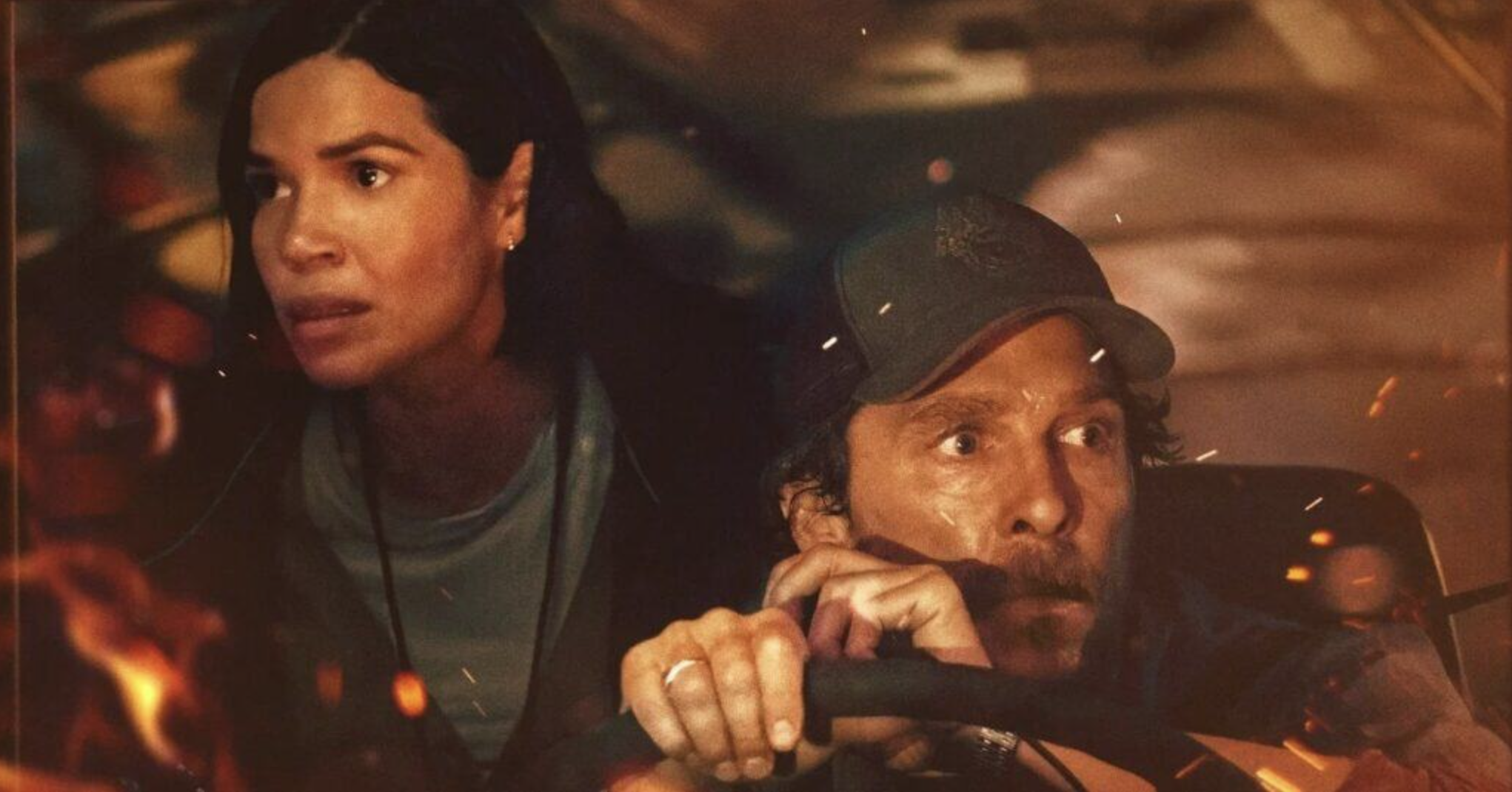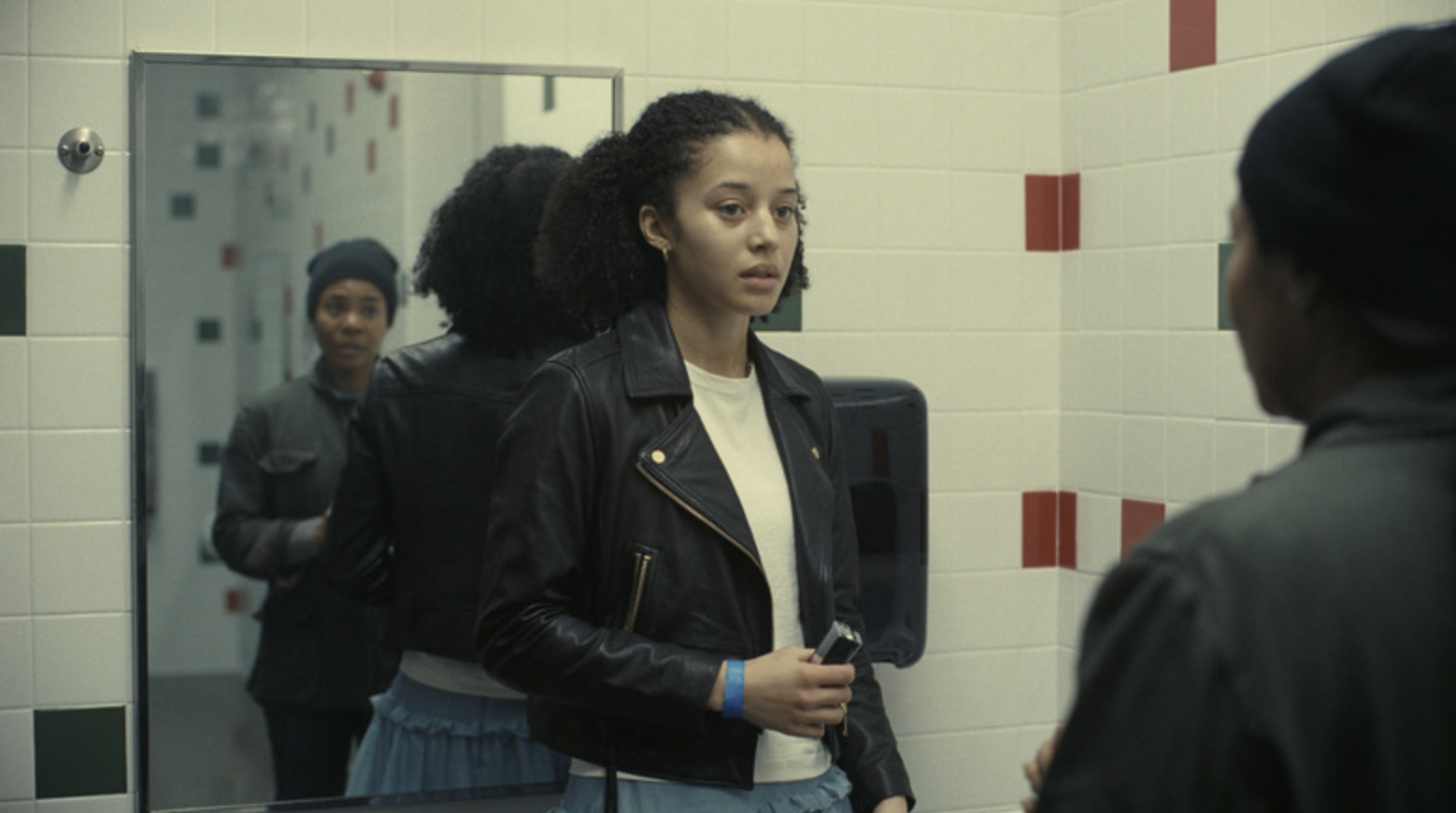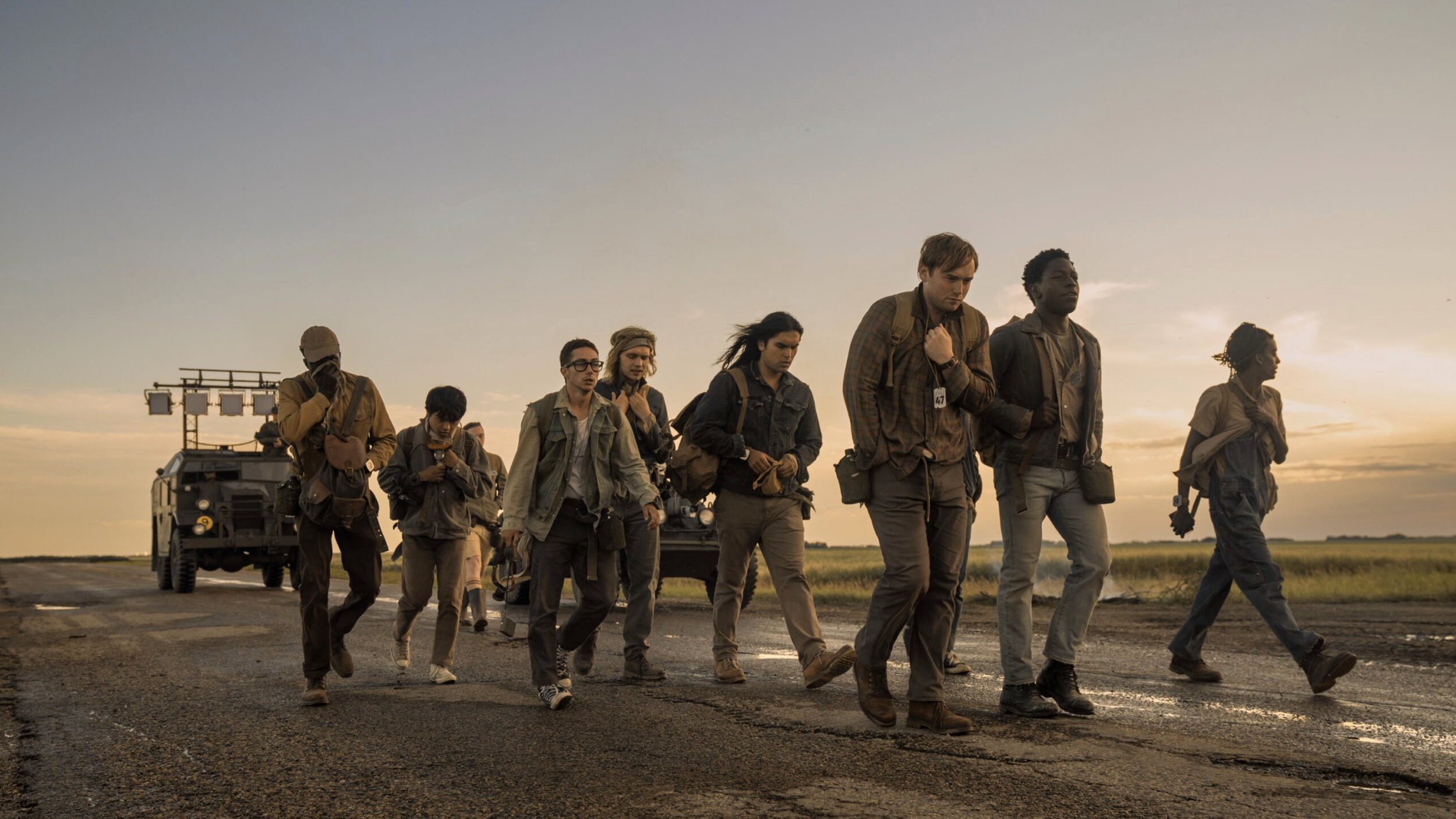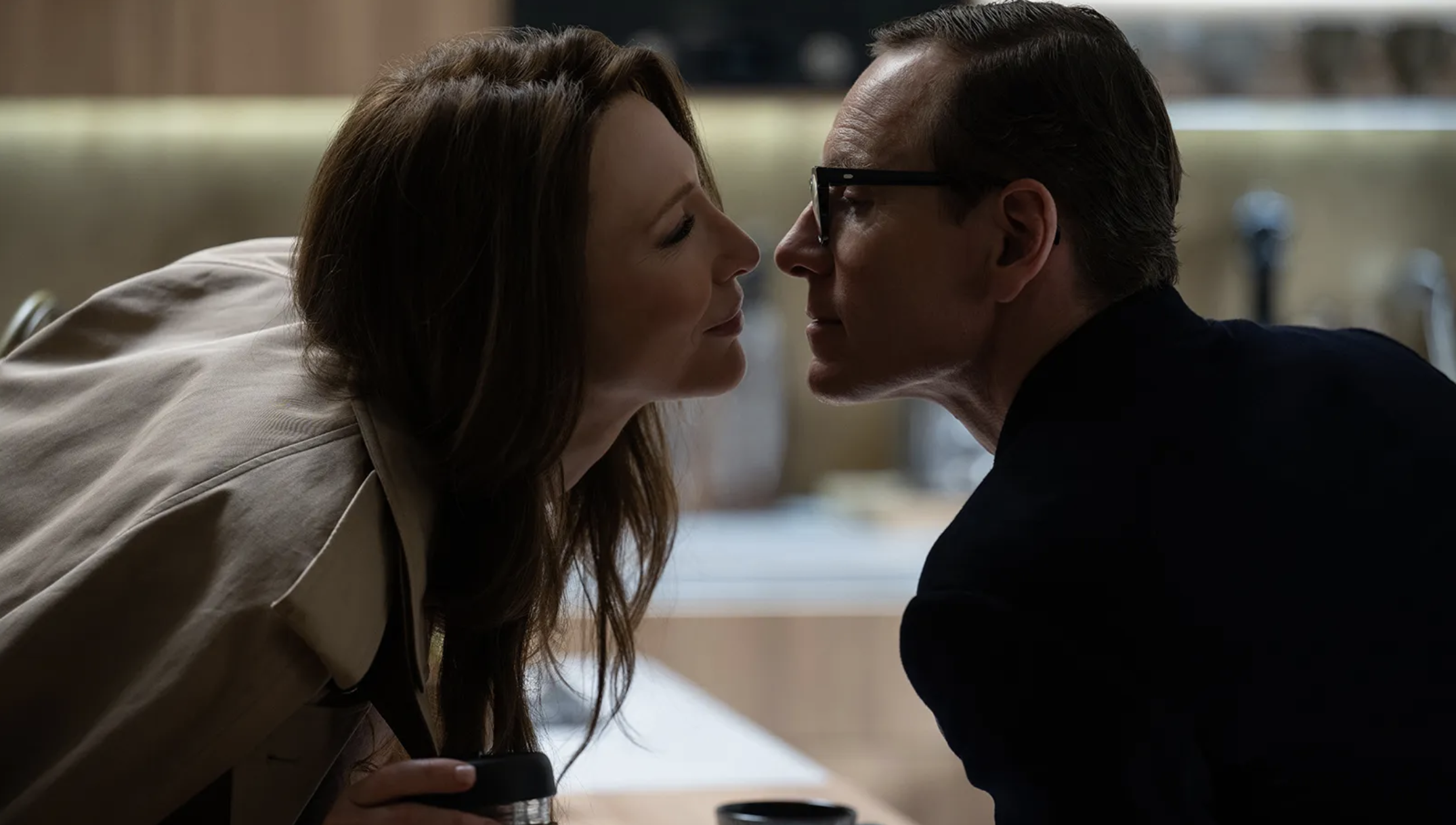A HOUSE OF DYNAMITE
Directing: B+
Acting: B+
Writing: B
Cinematography: B+
Editing: A-
All my life, I had this vision the thirty minutes or so it might take for a nuclear missile to reach the United States, and how I would spend those last moments, counting down the clock to obliteration. This vision always presupposed knowledge of the oncoming missile at the moment of its launch, giving time for us to . . . what? Prepare? Well, A House of Dynamite, directed by Kathryn Bigelow (Zero Dark Thirty) and written by Noah Oppenheim (Jackie), and streaming on Netflix now, has completely disabused me of this notion.
Once people even realize a missile is on its way, the countdown has already begun. And these are government and military employees with high security clearance, far removed from average citizens. These people have to spend precious minutes ascertaining whether the threat is even real. It occurred to me, while watching A House of Dynamite, that I really should have considered this long ago: the people spending all that time making decisions first on what's real and then on the select few who get whisked to some version of safety—they're not spending any time sending credible warnings to the masses. Hell, in this movie they spend several of those crucial minutes just ascertaining what the target is. In all likelihood, as is what happens in this movie, anyone just living their lives in a target city would simply be obliterated before they had any idea what hit them.
Is there a strange comfort in that? Maybe there is. One could argue it's not the worst way to go, with no fear or panic preceding it.
And that's a ton of what we see in A House of Dynamite: a huge, ensemble cast of characters having the reality of impending cataclysm settle in. A missile launch is detected, and in the first moments, everyone is blasé about it. They keep track of the trajectory, and realize it's not slowing down and it's headed for us. It soon enough becomes clear that in the best case scenario, ten million Americans are killed instantly and global destabilization ensues—and that is if we don’t fire any retaliatory shots.
There’s a fascinating angle to this film, in that the aforementioned 30 minutes are not enough to ascertain who fired the shot and thus who we should even fire against. Quick discussions are had about preemptive strikes against we could reasonably expect to take advantage of the situation. But Bigelow and Oppenheim never provide us with any of those answers—not what country the missile is coming from; not whether the bomb even detonates (sometimes the don’t, we’re told); not what the President decides about whether to launch our own strikes. This is the Cath-22 of the modern age, not quite as good as that classic film but with much to recommend on its own—because this is about the questions themselves, not the answers. This is about moral dilemmas under the deepest of pressures.
The three-part stucture of A House of Dynamite is arguably a bit of a gimmick: it’s told in real-time, from the moment of detection to the moment of impact, three times over: first in the Situation Room in communication with The Pentagon and Fort Greely, where attempts at ground-based interceptors will be lauched; then at United States Strategic Command (STRATCOM) in Nebraska; and then, inevitably, from the White House. Each of these chapters showcases separate groups of the ensemble cast, all of them interacting with each other: among the many familiar faces are Rebecca Ferguson as a Situation Room senior officer; Anthony Ramos as the commander at Fort Greely; Tracy Letts as the warmongering commander at STRATCOM; Jarred Harris as the Secretary of Defense; and Idris Elba as the President. In many cases, we first see important characters as only a face in one among many screens like an emergency Zoom meeting, then shift to the perspective of the room they are in, in another chapter.
Kathryn Bigelow unfolds this story in a very straightforward, procedural style, much like her multiple previous films set in wartime, but even more procedural in this case. The few moments that characters pause to show emotion are all the more effective. All of this doesn’t allow for a great deal of character development, but that is entirely beside the point: this is about making choices in the face of urgency. And side note, this is maybe not the best movie to watch about such a scenario with the current people actually in charge in Washington, D.C. This is unsettling shit, not the least because it quite pointedly reminds us that while things like climate change have long rivaled it as an existential threat, the nuclear threat to the world is very real and still goes on.
There are precious few genuinely amusing moments in A House of Dynamite, but one of them is when the President himself says how this phrase, “a house full of dyanmite,” was something he “heard on a podcast.” It’s something that feels both on the nose and very plausible. For the most part, these are just a whole bunch of regular people caught up in extraordinary circumstances. Even those who are on evacuation lists among all connected staff across these agencies can feel arbitrary. One character is extracted even though she’s only been in the position for a few months. “Why does she get to go and we don’t?” another woman asks. A fair question. Who in their right mind could expect things to be fair in these moments? But who in these moments would be in their right mind?
I feel a little ambivalent about what purpose this film serves, exactly—I found it to be riveting and unsettling, but to what end? It opened my eyes to at least one stark reality, I guess: not only would I not have any hope of escape from this sort of attack, but in a targeted city I wouldn’t even know it was coming. Surely Seattle would be on the list of targets. Whew! What a relief!
Yeah, you heard that right. It’s time to put you head between your knees and kiss your ass goodbye.
Overall: B+










